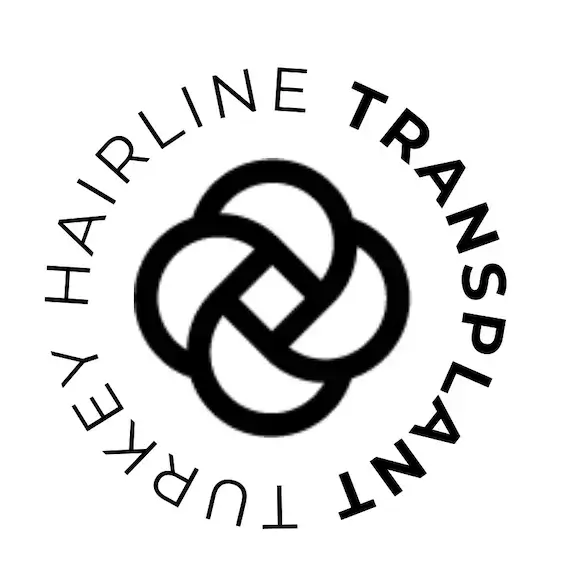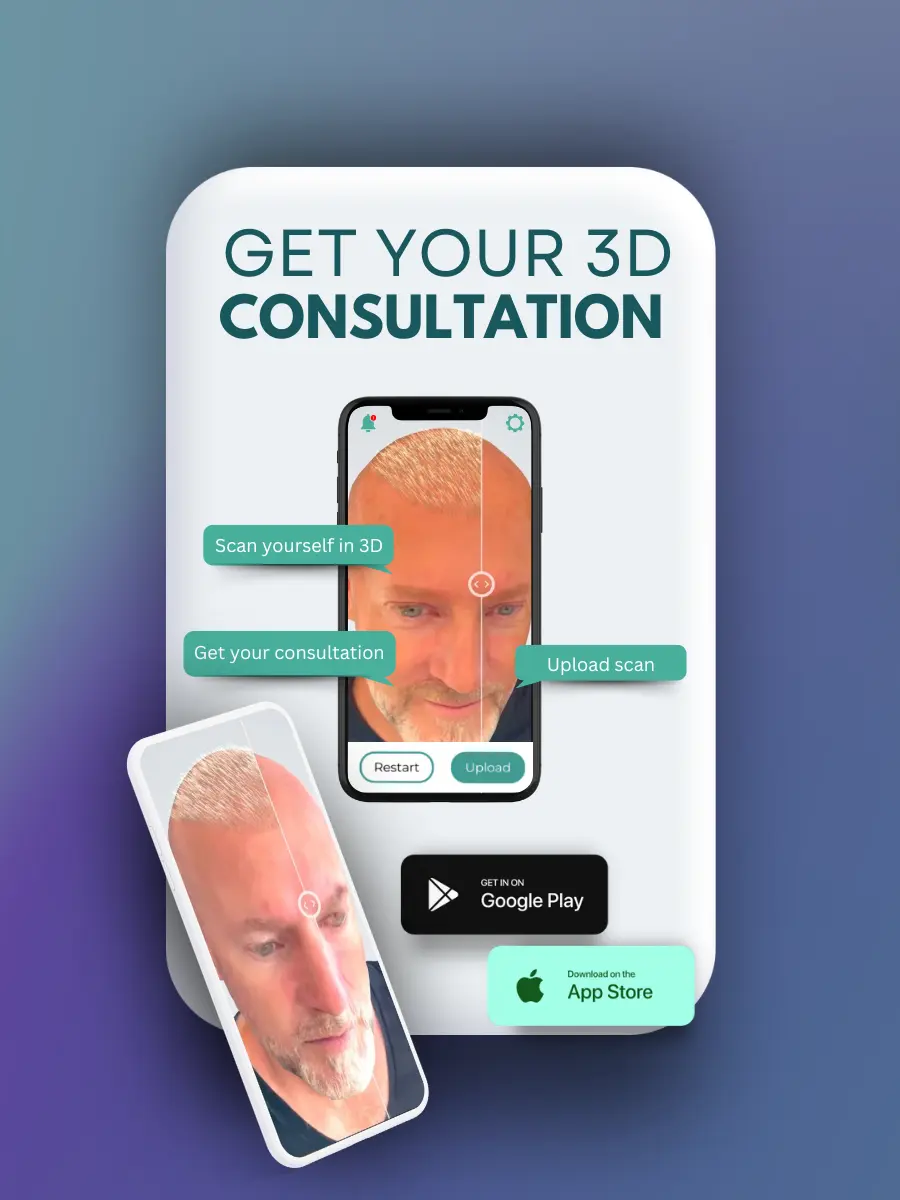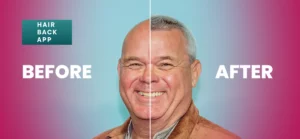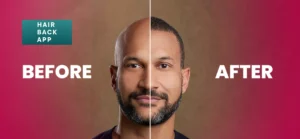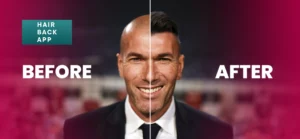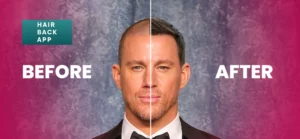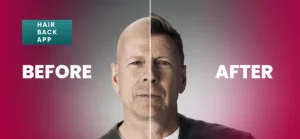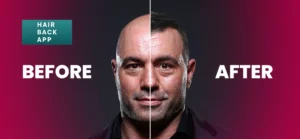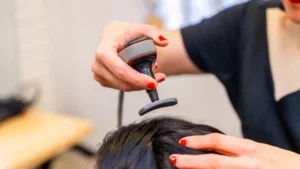In the quest for happiness, we often assume that contentment in life would lead to fewer desires for change, including in the realm of cosmetic surgery. This line of thinking suggests that countries with higher happiness levels might see fewer cosmetic surgeries, as individuals would be more satisfied with their appearance. However, the reality might surprise you.
As we delve into the complex world of happiness and its correlation with cosmetic surgeries, the findings from the World Happiness Report 2024 offer intriguing insights.
Happiness Trends Across the Globe
The World Happiness Report, a comprehensive study on global happiness trends, provides valuable insights into the well-being of populations across different age groups and regions. Surprisingly, recent findings indicate a notable rise in happiness levels in Central and Eastern Europe, as well as in the former Soviet Union and East Asia. Conversely, South Asia and the Middle East and North Africa have experienced declines in happiness levels across various age demographics.
Cosmetic Surgery: A Different Perspective on Global Happiness
Contrary to what one might expect, countries experiencing fluctuations in happiness do not necessarily reflect the same patterns in cosmetic surgeries’ trends. Let’s take a closer look:
-
Central and Eastern Europe
Despite the rising happiness levels, countries in this region have not seen a proportional decrease in cosmetic surgeries. In fact, cosmetic procedures remain popular, indicating a desire for aesthetic enhancements regardless of overall happiness levels.
-
North America
With a sharp decline in youth happiness, one might assume a decrease in cosmetic surgeries. However, this has not been the case. Cosmetic procedures continue to be prevalent, suggesting that individuals seek ways to boost their confidence and self-image, even amidst declining happiness.
-
South Asia and Middle East/North Africa
Despite decreases in happiness, these regions have witnessed a surge in cosmetic surgeries. This paradox highlights the disconnect between overall well-being and personal appearance satisfaction.
Cosmetic surgery and the Influence of Media and Culture
In today’s interconnected world, the media’s pervasive influence on beauty standards cannot be overstated. From glossy magazines to social media platforms, we are bombarded with images of flawlessness, sculpted bodies, and flawless faces. These portrayals set an unattainable standard of beauty, creating a culture where physical appearance holds immense significance.
Media’s Portrayal of Beauty Standards
The media acts as a potent force in shaping societal perceptions of beauty, weaving a tapestry of ideals through advertisements, movies, TV shows, and social media influencers. These platforms frequently showcase an idealized version of beauty, meticulously airbrushed, filtered, and curated to perfection. This relentless bombardment of flawless images cultivates a mindset where imperfections are not just undesirable but often seen as unacceptable. As individuals consume these idealized portrayals, they internalize unrealistic standards of beauty, creating a constant pursuit of an unattainable ideal.
Unrealistic Expectations and Self-Image
As individuals consume these idealized images perpetuated by the media, they internalize unrealistic expectations of how they should look. This phenomenon becomes especially pronounced in societies where physical attractiveness is glorified, often equated with success, popularity, and desirability.
The relentless portrayal of flawless beauty cultivates a standard that seems unattainable to many. Consequently, many individuals, regardless of their actual happiness levels, develop a profound sense of dissatisfaction with their appearance. This dissatisfaction stems from a stark contrast between their perceived ideal and their reality, leading to a quest for cosmetic surgery to bridge this gap.
Cultural Significance of Appearance
Beyond media influence, culture plays a significant role in shaping attitudes toward appearance. In some cultures, beauty is deeply intertwined with concepts of identity, status, and even spirituality. For example, in certain societies, a particular facial feature or body shape may be considered a symbol of prosperity or cultural heritage. As a result, individuals may undergo cosmetic procedures not only to conform to societal beauty norms but also to preserve their cultural identity.
Societal Pressures and Conformity
The pressure to conform to prevailing beauty standards can be overwhelmingly pervasive in today’s society. Individuals often feel compelled to undergo cosmetic surgeries not only to fit in with societal expectations but also to gain acceptance among peers and advance in their careers. In competitive environments where appearance is closely linked to success, the decision to undergo cosmetic procedures may be viewed as an investment in one’s future prospects, a strategic step towards aligning with standards that can influence opportunities for professional growth and social acceptance.
Seeking Validation and Confidence
For many individuals, the decision to undergo cosmetic surgeries extends beyond mere physical enhancements; it serves as a pathway to seeking validation and enhancing self-confidence. In a world where external appearance frequently correlates with perceived self-worth, the choice to undergo cosmetic procedures often arises from a desire to feel more at ease within oneself. These procedures allow individuals to project an image that aligns with their internal sense of self, fostering a deeper sense of comfort and confidence in their own skin.
Conclusion: A Multifaceted Relationship
The exploration of the paradox between global happiness and cosmetic surgery reveals a nuanced and multifaceted relationship. Contrary to a straightforward correlation, where increased happiness might lead to a decrease in surgeries, or decreased happiness might prompt more surgeries, the reality suggests a different pattern.
Countries experiencing shifts in happiness levels do not consistently demonstrate corresponding patterns in cosmetic surgery trends. Despite rising happiness in regions like Central and Eastern Europe, North America, and declines in happiness in South Asia and the Middle East/North Africa, the demand for cosmetic procedures remains prevalent across the board.
This indicates that the decision to undergo cosmetic surgery is not solely dependent on global happiness levels. Instead, individuals tend to seek these procedures whether they are happy or not. The desire for aesthetic enhancements persists, driven by various factors such as aligning with societal beauty norms, preserving cultural identity, conforming to media-influenced standards, or boosting self-confidence.
In essence, the correlation between happiness and cosmetic surgeries is not straightforward. It seems that regardless of whether happiness levels are rising or falling, the inclination towards seeking cosmetic enhancements remains constant. This suggests that personal satisfaction, cultural influences, societal pressures, and the pursuit of happiness all play significant roles in the decision to undergo cosmetic procedures.
At Hairline Transplant Turkey, we recognise and acknowledge these diverse motivations behind cosmetic surgeries. Our mission is to empower individuals to make informed choices about their appearance, understanding that the pursuit of happiness often involves the desire for self-improvement, including through cosmetic procedures.
For more insights on beauty, well-being, and the latest trends in cosmetic surgery, stay tuned to our blog.
